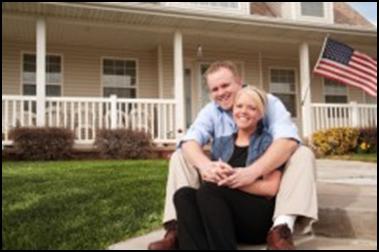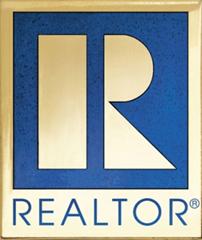













We look forward to assisting you and providing more
Information or answering any questions you may have. Please feel free to contact us at
Copyright © 2002-2016 American Organization of Companies LLC, All Rights Reserved
How-To Guide: Buying Your First Home
Step 10: What's Next?
You've done it. You've looked at properties, made an offer, obtained financing and gone to closing. The home is yours. Is there any more to the home buying process?
Whether you're a first-time buyer or a repeat buyer, there are several more steps you'll want to take.
Those papers you received at settlement are extremely valuable, so hold on to them! In the short-term they can help establish tax deductions for the year in which the property was purchased. In the future, such papers will be important for tax purposes when the property is sold, and in some cases, for calculating estate taxes.
Also at closing, determine the status of the utilities required by the home, items such as water, sewage, gas, electric and oil service. You want utility bills to be paid in full by owners as of closing and you also want services transferred to your name for billing. Usually such transfers can be done without turning off utilities. American Community Group REALTORS® can provide contact numbers and related information.
About two weeks after closing, contact your local property records office and confirm that your deed has been officially recorded. Such records are public notices that show your interest in the property.
Moving in
It is generally understood that sellers will leave homes "broom clean" when moving out. This expression does not mean "vacuumed" or "spotless." Broom clean makes sense because it means the house is ready to be painted and cleaned.
Your home, your money
For most owners a home is the largest single asset they hold, so it makes sense to protect that asset.
Many owners make a photo or video record of the home and their possessions for insurance purposes and then keep the records in a safety deposit box. Your insurance provider can recommend what to photograph and how to secure it.
You want to maintain fire, theft and liability insurance. As the value of your property increases such coverage should also rise. Again, speak with your insurance professional for details.
Lastly, enjoy your home. Owning real estate involves contracts, loans, and taxes, but ultimately what's most important is that home ownership should be a wonderful experience.
RESIDENTIAL
RESIDENTIAL - Tools & Tips

